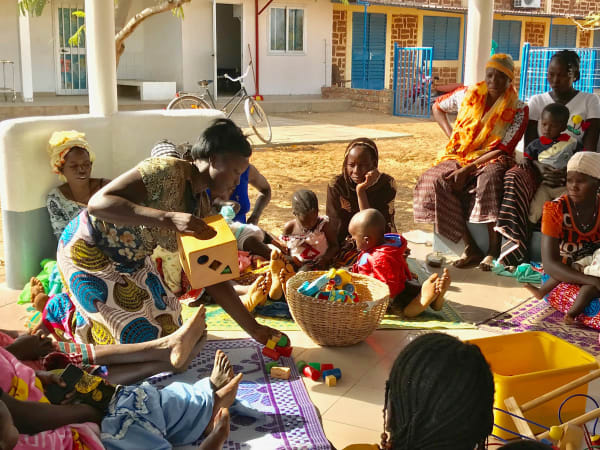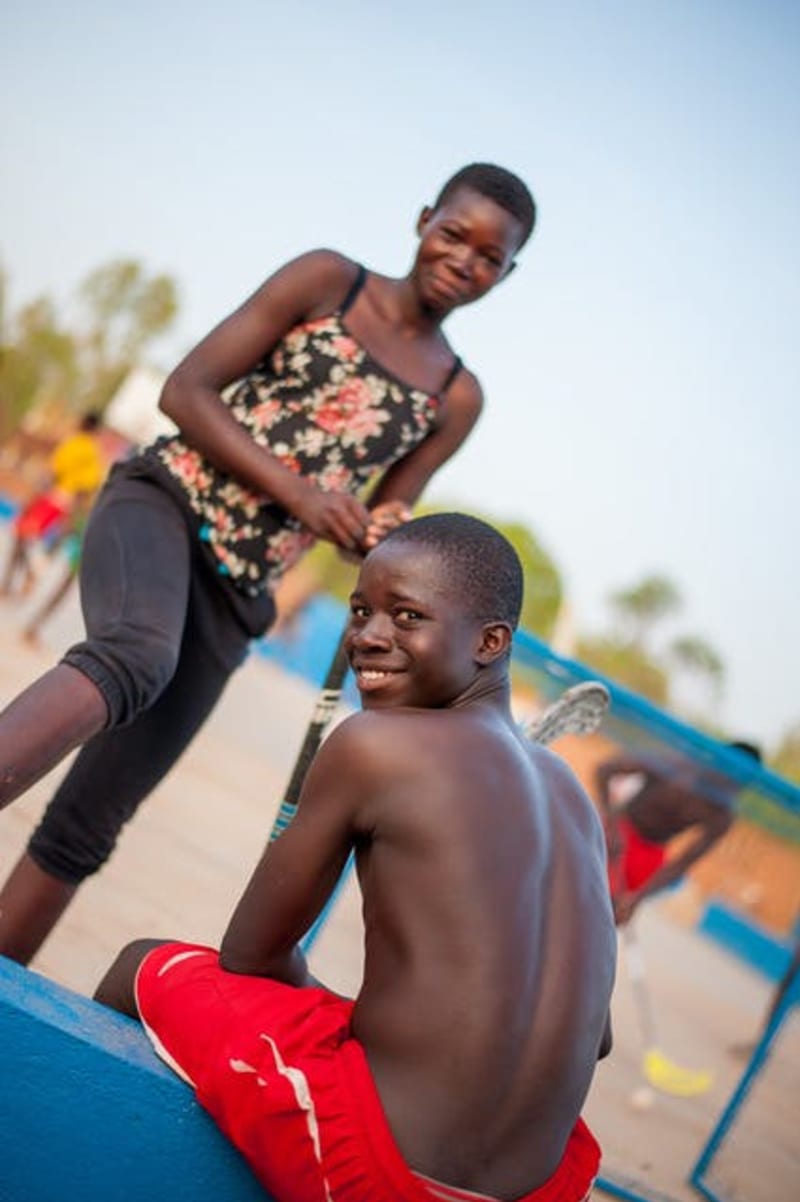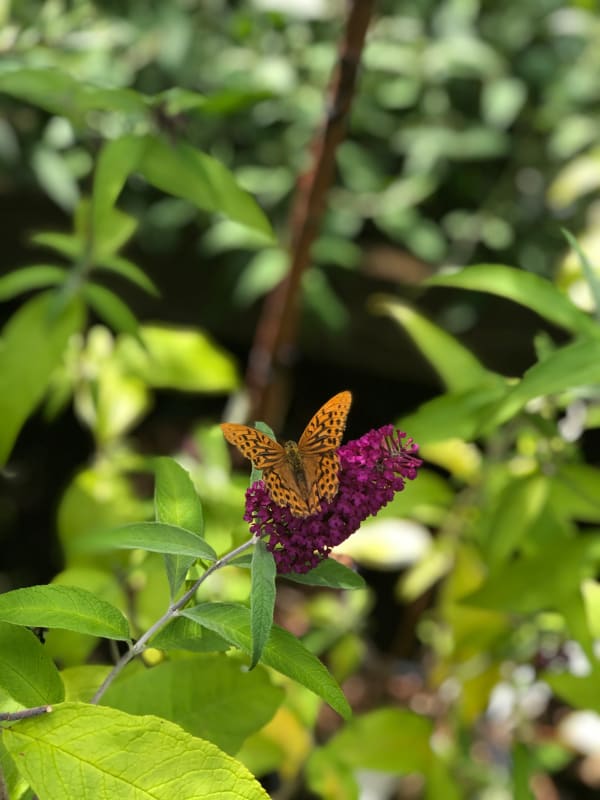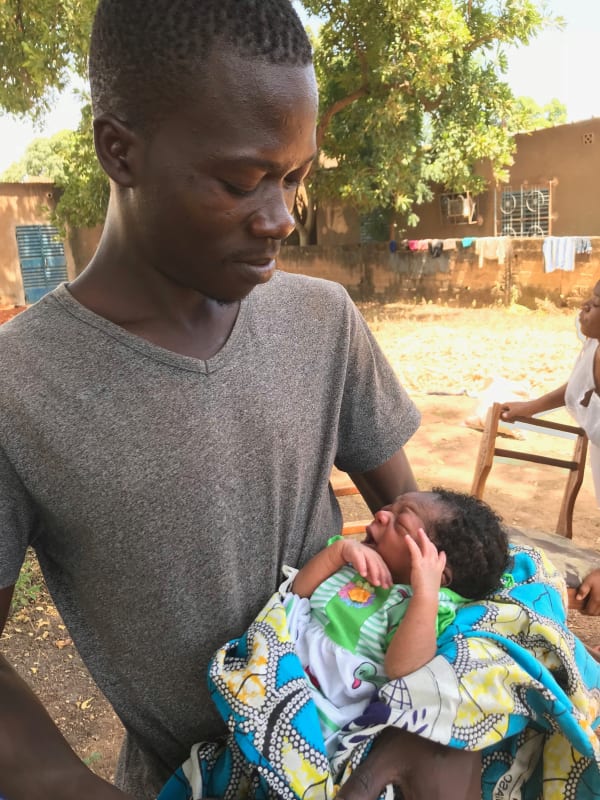ABOUT THE PROJECT
Since 1990, the maternal deaths in childbirth has been reduced drastically in Africa, yet, every day, 800 women in Burkina Faso die due to complications during childbirth. The most important reason being lack of access to basic prenatal/perinatal care.
According to World Health Organization, there should be one midwife per 5000 inhabitants. In Burkina Faso, there is one per 21,000 inhabitants. In Sweden it's at 1,100.
Burkina Faso has the rank of 183 out of 189 countries in regards to the UN Development Index. Every woman gives birth to an average of 6.7 children, one in ten dies before the age of five and the average life expectancy is barely 56 years. There are only about 6,000 hospital beds in the country's 18 million inhabitants. Infant mortality is nearly 7% (2014). Most of these deaths, that could be prevented, are a consequence of poverty; lack of information and poor access to health care. Maternal mortality in Burkina Faso is one of the highest in the world.
It is estimated that 75% of women and 13% of girls are circumcised in 2014. However, the studies we have conducted locally, to date, suggest that about 30% or more of the girls are circumcised / genital-mutilated.
We have maternity care for childbirth and have built the childbirth clinic, but have not
started it yet. We also have youth clinic and gynecologists. These meeting places also allow us to capture other issues of sexual and reproductive health, violence and gender roles.



